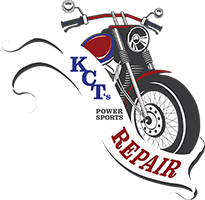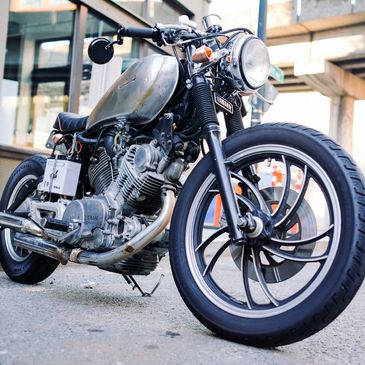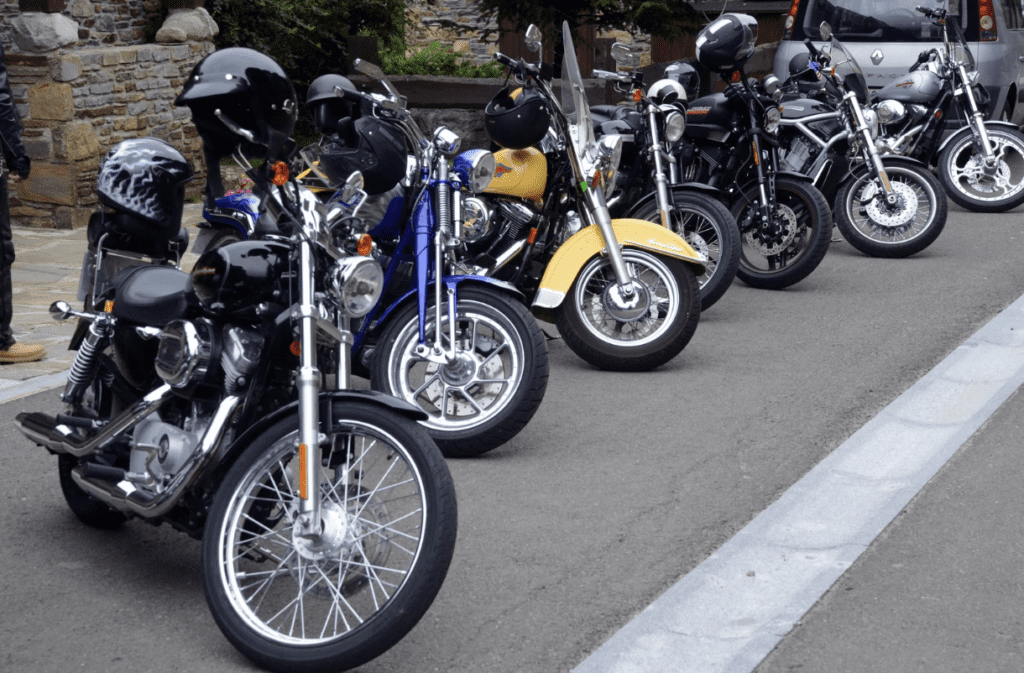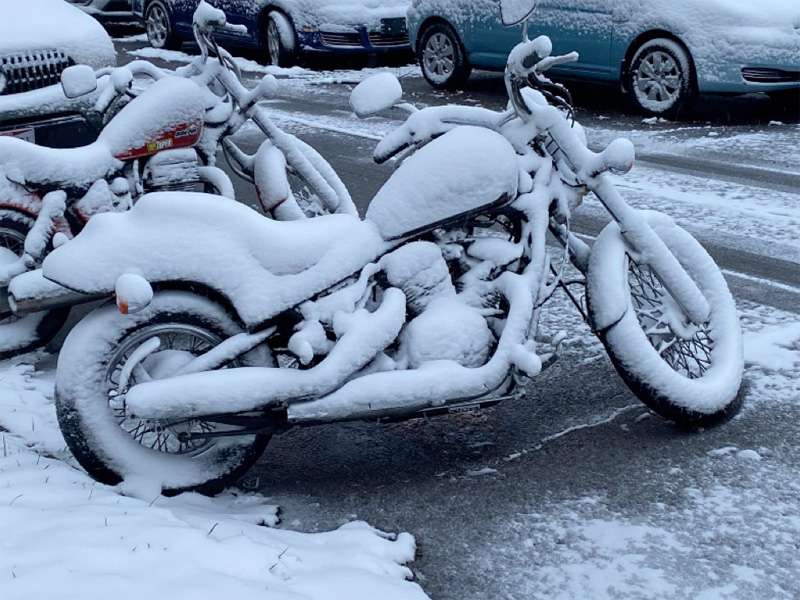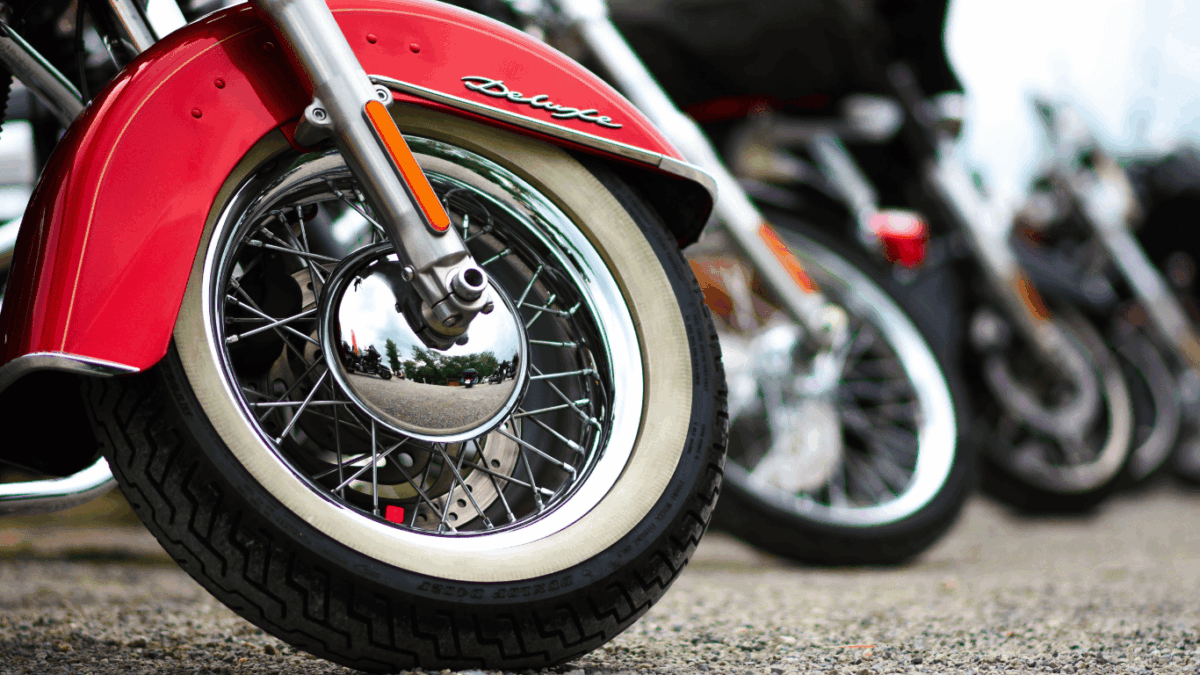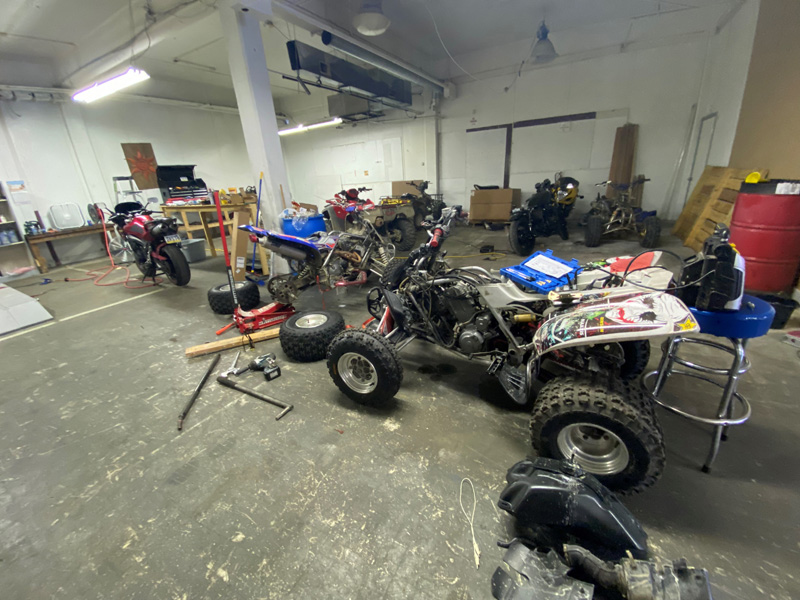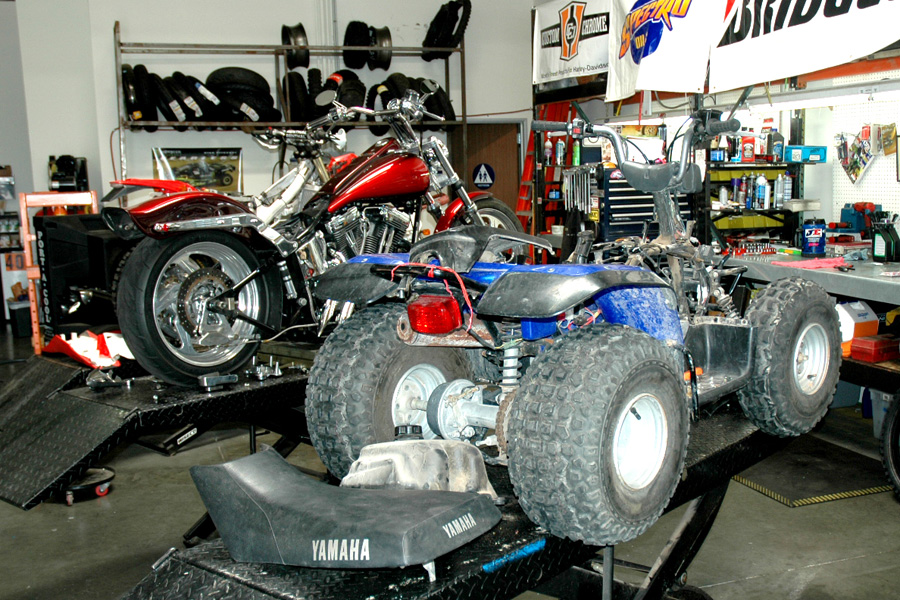PA Motorcycle Inspection Requirements
Owning a motorcycle in Pennsylvania is not only about enjoying the open road and the thrill of the ride; it also comes with the responsibility of ensuring that your bike is safe for you and others on the road. One crucial aspect of motorcycle ownership is adhering to the PA motorcycle inspection requirements.
The state mandates regular inspections to maintain safety standards and ensure that all motorcycles are roadworthy. In this comprehensive guide, we will delve into the details of PA motorcycle inspection requirements, what the process entails, and why it’s essential for every motorcycle owner in the state.
Why PA Motorcycle Inspection is Important

The primary purpose of the PA motorcycle inspection requirements is to ensure that motorcycles operating on the road are safe and meet the state’s safety standards. These inspections are crucial as they help in identifying potential hazards that could lead to accidents. Regular inspections can prevent accidents caused by mechanical failures and ensure that all motorcycles meet the minimum safety standards set by the state.
Enhancing Road Safety
Safety is the paramount concern behind the mandatory motorcycle inspections in Pennsylvania. By ensuring that all motorcycles are in good working condition, the state aims to reduce the risk of accidents caused by mechanical failures. For instance, malfunctioning brakes or worn-out tires can significantly increase the likelihood of an accident. Regular inspections help in identifying these issues early, allowing riders to address them before they pose a serious risk.
Legal Compliance
Adhering to the PA motorcycle inspection requirements is also about staying compliant with state laws. Riding a motorcycle without a valid inspection sticker can lead to fines and penalties. Additionally, in the event of an accident, an uninspected motorcycle can complicate insurance claims and legal proceedings. Therefore, regular inspections not only keep you safe but also protect you from potential legal issues.
When is PA Motorcycle Inspection Required?
In Pennsylvania, motorcycles must undergo an annual inspection. You must complete this inspection within 10 days of the expiration date of the current inspection sticker. New motorcycles must be inspected within 10 days of purchase if they do not have a valid inspection sticker. The annual inspection cycle ensures that any wear and tear or potential issues are addressed on a regular basis.
What Happens During an Inspection?

The Pennsylvania motorcycle inspection process is thorough and covers various aspects of the motorcycle to ensure it meets safety standards. Here’s a detailed breakdown of what the motorcycle inspection includes:
Brakes
Brakes are one of the most critical safety components of any vehicle. During the inspection, mechanics will check the front and rear brakes. They will ensure that there is enough braking power and that the brakes are correctly adjusted. Additionally, they will inspect the condition of the brake pads and rotors.
Any signs of excessive wear or damage will need to be addressed before passing the inspection. Ensuring your brakes are in good working condition can prevent accidents and enhance your overall safety on the road.
Lights and Electrical System
All lights, including the headlight, tail light, brake light, and turn signals, must be operational. The electrical system will also be checked to ensure there are no wiring issues or blown fuses. Proper lighting is essential for visibility, especially during night rides or adverse weather conditions. Functional lights help other road users see you, reducing the risk of collisions.
Tires and Wheels
The tires must have adequate tread depth and be free of significant damage such as cuts or punctures. Wheels should be in good condition without any cracks or bends. Worn-out tires can reduce traction, making it harder to control the motorcycle, especially on wet or slippery roads. Inspecting the tires ensures they are roadworthy and can provide the necessary grip for safe riding.
Exhaust System
The exhaust system must be secure and free of leaks. The sound level must comply with the state’s noise regulations. A properly functioning exhaust system not only ensures your motorcycle runs efficiently but also reduces harmful emissions. Additionally, keeping the noise level within the legal limit helps in maintaining a good relationship with your neighbors and adhering to local noise ordinances.
Steering and Suspension
The steering mechanism and suspension system will be checked for proper operation and any signs of wear or damage. This includes inspecting the handlebars, forks, shocks, and suspension components. A well-maintained steering and suspension system ensures better handling and stability, making your rides smoother and safer.
Fuel System
The fuel system, including the tank, lines, and carburetor or fuel injectors, must be free of leaks and in good working order. Leaks in the fuel system can be hazardous, leading to potential fire risks. Ensuring the fuel system is intact prevents such dangers and keeps your motorcycle running efficiently.
Frame and Body
The frame must be free of cracks, rust, or any other damage that could compromise its integrity. The body components, including fenders and seats, should also be in good condition. A strong and intact frame is crucial for the overall structural integrity of the motorcycle. Any damage to the frame can affect the handling and stability of the bike, posing a significant safety risk.
Horn
The horn must be functional and loud enough to be heard from a reasonable distance. A working horn is essential for alerting other road users of your presence, especially in situations where immediate action is required to avoid a collision.
Mirrors
Motorcycles must have at least one mirror that provides a clear view of the road behind. Properly adjusted mirrors enhance your situational awareness, allowing you to monitor traffic behind you and make safer lane changes or turns.
Speedometer and Odometer
The speedometer and odometer must be operational to ensure the rider can monitor their speed and mileage accurately. Knowing your speed helps in adhering to speed limits, while the odometer helps in tracking the motorcycle’s mileage for maintenance purposes.
What to Do If Your Motorcycle Fails Inspection
If your motorcycle fails to pass the PA motorcycle inspection requirements, you will be given a list of items that need to be repaired or replaced. Once the necessary repairs are made, you can return for a re-inspection. It’s important to address any issues promptly to ensure your motorcycle is safe and compliant with state laws.
Common Reasons for Inspection Failure

- Worn-out Tires: Insufficient tread depth or visible damage can lead to inspection failure.
- Faulty Brakes: Any issues with the braking system, including worn pads or leaking brake fluid, must be addressed.
- Non-functional Lights: Broken or non-operational lights can result in a failed inspection.
- Exhaust Issues: Leaks or excessive noise levels can cause your motorcycle to fail the inspection.
- Structural Damage: Any cracks or rust on the frame can compromise safety and lead to a failed inspection.
Pennsylvania Motorcycle Inspection Tips
Staying proactive about maintenance can help ensure your motorcycle passes inspection without issues. Here are some tips to keep your bike in top condition:
- Regular Maintenance: Perform regular maintenance checks on your motorcycle. This includes oil changes, brake checks, tire rotations, and battery maintenance. Keeping up with regular maintenance can help identify potential issues before they become major problems.
- Pre-Inspection Checklist: Before heading to the inspection station, conduct a pre-inspection check at home. Ensure all lights are working, the horn is operational, the tires are in good condition, and there are no visible leaks. Addressing these issues beforehand can save time and hassle during the official inspection.
- Keep Records: Maintain detailed records of all maintenance and repairs performed on your motorcycle. This documentation can be helpful if any questions arise during the inspection or if you need to verify that certain repairs were made.
- Choose a Reliable Mechanic: Having a trusted mechanic inspect your motorcycle before the official inspection can be beneficial. A professional mechanic can identify and fix issues that you might overlook, increasing the likelihood of passing the inspection.
Choosing a Reliable Inspection Station
When it comes to PA motorcycle inspection requirements, choosing a reliable inspection station is crucial. At KCT’s Powersports Repair, we provide comprehensive inspection services to ensure your motorcycle meets all Pennsylvania safety standards. Our experienced technicians are well-versed in the specific requirements and will thoroughly inspect your motorcycle to keep you safe on the road.
Why Choose KCT’s Powersports Repair?

- Experienced Technicians: Our team has extensive experience in motorcycle repair and inspection, ensuring thorough and accurate inspections.
- State-of-the-Art Equipment: We use the latest tools and equipment to perform inspections and repairs, ensuring your motorcycle receives the best care.
- Customer-Centric Service: At KCT’s Powersports Repair, customer satisfaction is our top priority. We provide transparent, reliable, and friendly service to all our clients.
Ride Safely: The Final Word on PA Motorcycle Inspections
Understanding and adhering to motorcycle inspection requirements is essential for every motorcycle owner in Pennsylvania. Regular inspections not only keep you compliant with state laws but also ensure your motorcycle is safe to ride. For a thorough and reliable PA motorcycle inspection, trust the experts at KCT’s Powersports Repair. Schedule your inspection today and ride with confidence knowing your motorcycle is in top condition.
By following these guidelines and ensuring regular maintenance, you can pass the PA motorcycle inspection with KCT’s Powersports with ease and enjoy a safe and enjoyable riding experience.
